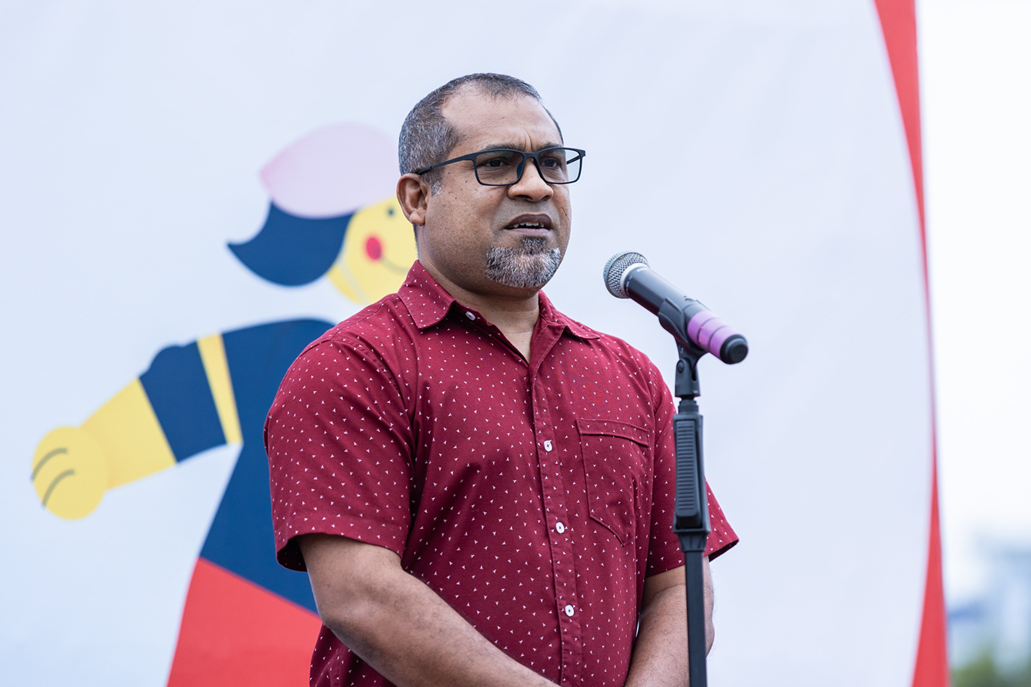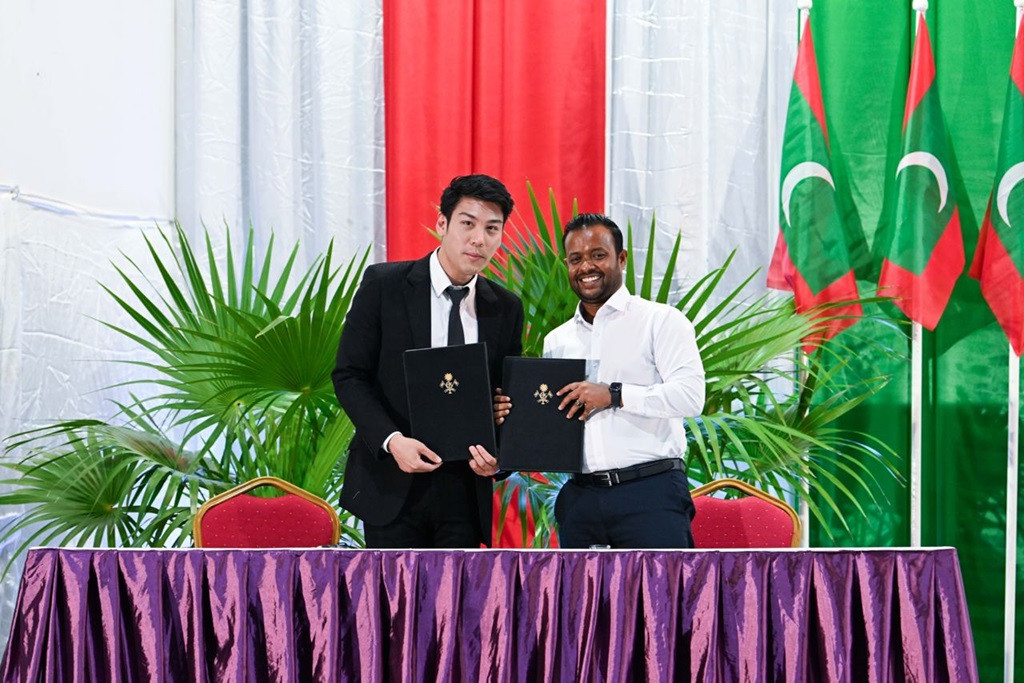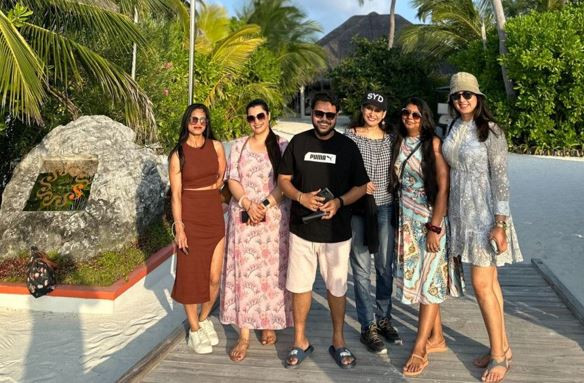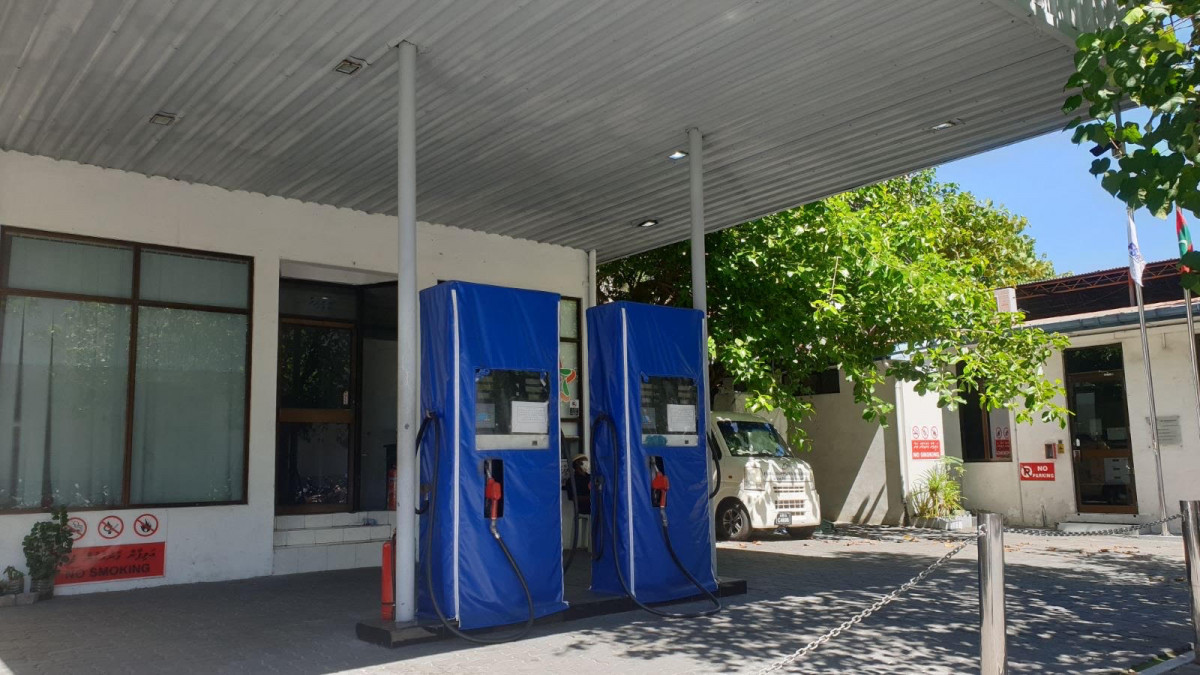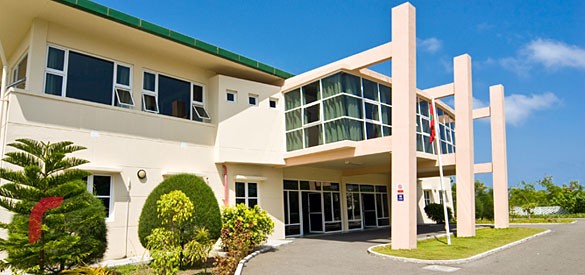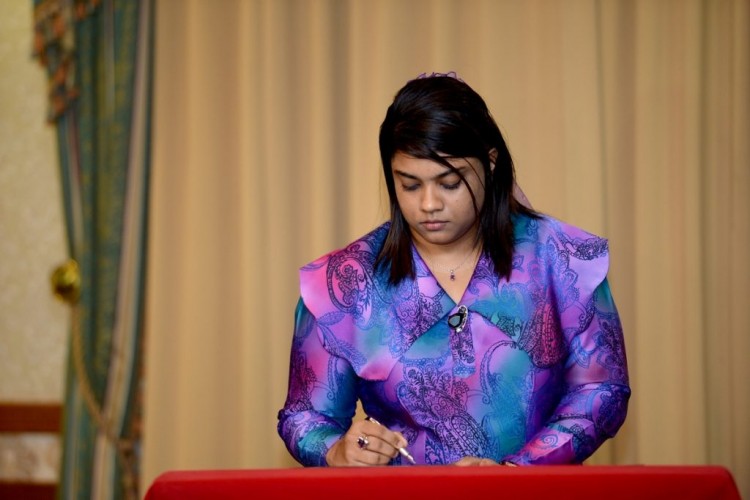Maldives marks 300 days since first case of Covid-19
The first cases of Covid-19 in the Maldives was detected on 7 March 2020; two foreign resort workers
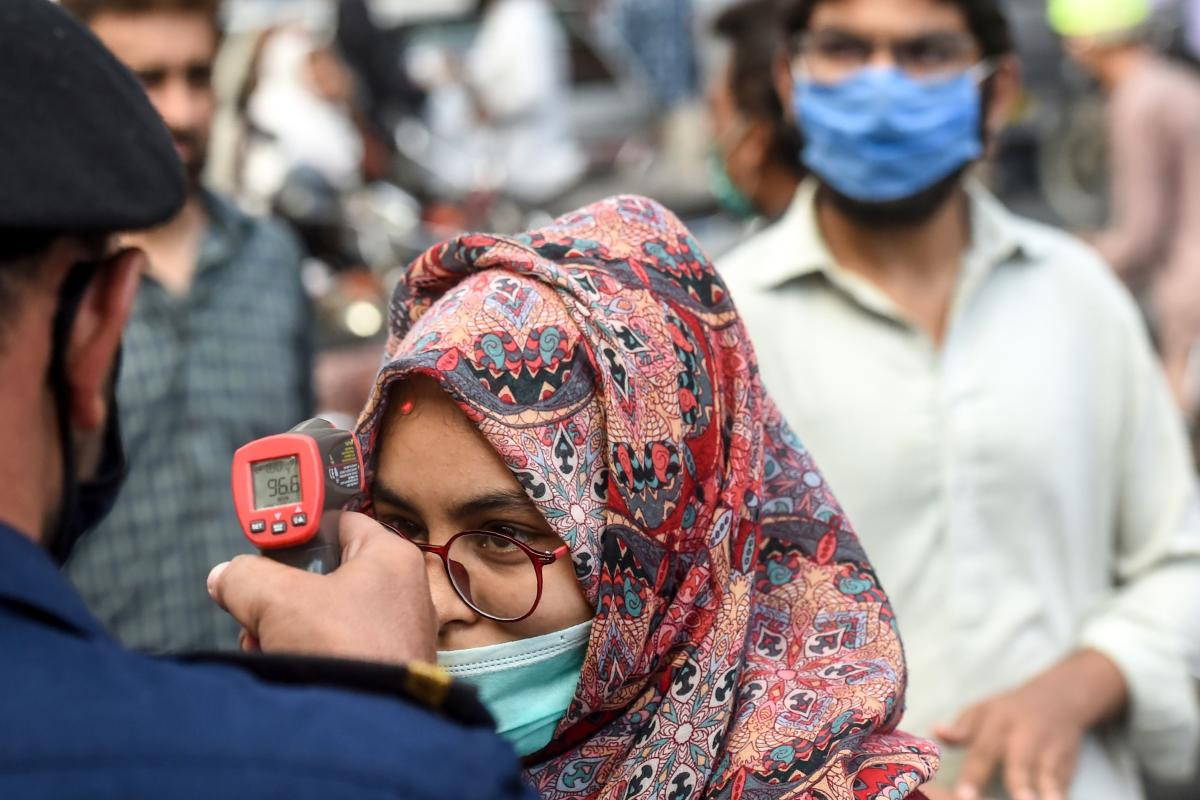
A Covid-19 community spread was confirmed on 7 March 2020
300 days have passed since the first cases of Covid-19 were reported in the Maldives. The novel coronavirus which was first observed in Wuhan, China in December 2019, washed ashore on the islands of Maldives on 7 March 2020 after a tourist who had holidayed in Kuredu Island Resort tested positive upon returning home. This prompted health officials to begin testing employees at the resort, resulting in the discovery of the first two cases of coronavirus in the Maldives in two foreign employees whose results came back as positive for Covid-19.
As positive cases were being observed in communities, the nation was placed under a State of Public Health Emergency on 12 March 2020, with schools for a week and later, indefinitely. Events and gatherings were also put on hold indefinitely until further notice, and after considering the state of public health in the country, the Elections Commission announced that they would be postponing the local council elections scheduled to take place that year in light of the Covid-19 pandemic. This was done through changes to the Maldivian constitution.
On 27 March 2020, the government announced the first confirmed case of a Maldivian citizen with Covid-19, and that the person had travelled from the UK on March 22 and had been in quarantine as he had returned after authorities made the decision to quarantine all returnees from abroad. This brought the total number of confirmed cases in the country to 16; the other 15 were foreign citizens. Direct contact tracing for the first local case of Covid-19, confirmed on April 15, revealed 200 potential contacts. By then, 22 different locations in the country had already been placed under monitoring.
Following the advent of a community-spread in the capital, Male' City was placed under lockdown for two weeks on April 17. As Covid-19 continued to spread and the number of positive cases increased, authorities continued to extend the lockdown period in hopes of stopping the virus from spreading in the densely populated city.
The first Covid-19 related death was reported in the country on 30 April, when an 83-year-old woman died en-route to the hospital. At the time of her death, the total number of positive cases since the start of the outbreak stood at 468.
From then until now, the Maldives has faced unprecedented levels of adversity in dealing with the social, economic and public health repercussions of having a global pandemic sitting at our doorstep awaiting a misstep or precautionary lapse. 48 people have died in the country from Covid-19 and related health complications, and there were periods last year when news of the deceased flooded social media multiple times a week.
While the nation learned to adjust to what was quickly becoming the world's "new normal", the number of positive cases continued to increase. 13,834 people have tested positive for Covid-19 in the Maldives thus far, but careful and vigilant implementations of health guidelines have helped the nation come out of a total lockdown and resume much-necessary economic activities. These regulations include the current 10-day quarantine period made mandatory for persons traveling to islands from Male' City, the country's Covid-19 epicenter.
International borders were closed on 27 March 2020 as the Maldives announced a blanket suspension of on-arrival visas in a bid to combat the spread of the novel coronavirus, and re-opened again on 15 July in anticipation of what President Ibrahim Mohamed Solih had then described as an "economic boom". This sentiment held to be true; the Maldives experienced an influx of visitors in the latter half of the year as the nation continued to clamp down on Covid-19 clusters across the country. As the number of tourists visiting the country topped 100,000 following the re-opening of borders, the number of positive cases being reported in the country also began decreasing steadily as a result of a robust pandemic response on behalf of the heroic public health professionals, Health Protection Agency (HPA) and the officers at the Health Emergency Operations Center (HEOC).
The Maldives closed out 2020 with the government announcing that they have decided to sign an agreement with AstraZeneca Singapore Pte Ltd to procure the Covid-19 vaccine developed by AstraZeneca in partnership with the University of Oxford, UK. As a new year brings renewed hopes for pandemic recovery, it is critical to understand that now is the time to entertain that extra precaution, to act decisively on that subconscious moment of niggling doubt that makes us vigilant in the face of such grave human tragedy, so that we may stay safe and healthy until vaccines can help us secure a safer nation for all Maldivians.
